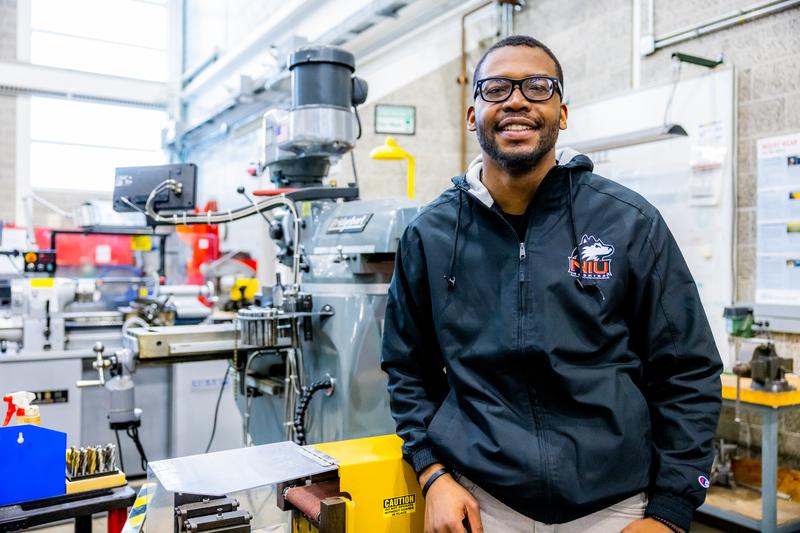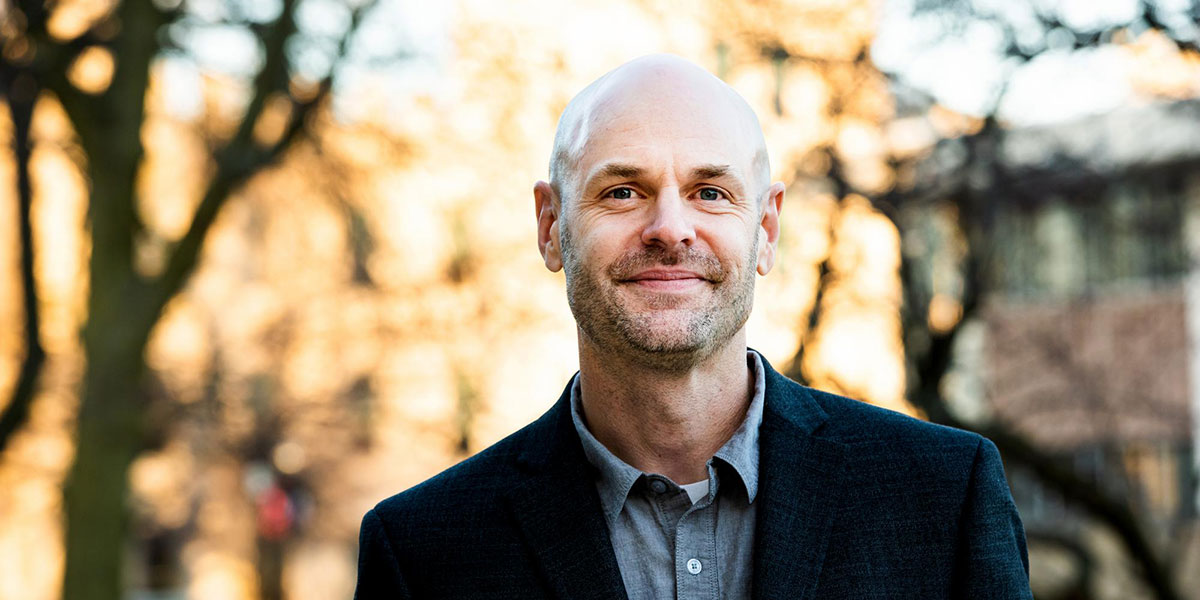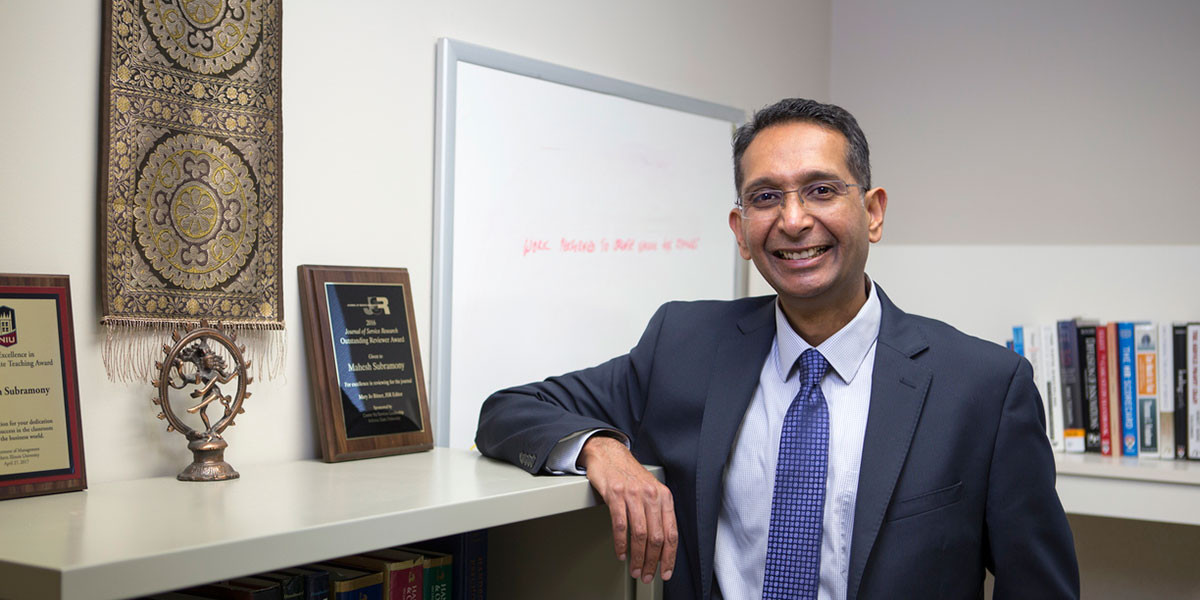Our work includes analyzing peacebuilding efforts; illuminating the history of slavery, its abolition, and the African Diaspora; chronicling forced and free migrations from Africa to the Americas; supporting sustainability efforts for schools in Kenya and Tanzania; and expanding our knowledge of Madagascar’s modern fauna, including its famous lemurs!

Together: Local Focus, Global Reach
At NIU, we tackle big challenges, ranging from mitigation of climate change and restoration of damaged ecosystems to discovering ways to produce cleaner energy and unraveling the workings of our universe. Our scholars and students think outside the box. They break down silos. They collaborate across disciplines, across borders and with other institutions, government, businesses and entrepreneurs.
Together, we find solutions—all the while providing our highly diverse student population with amazing hands-on learning experiences, preparing them to be tomorrow’s leaders, innovators and stewards.
Behind the Research
NIU Professors Mitch Irwin and Karen Samonds are a husband-and-wife team. While they work in different research fields, both spend their summers halfway around the globe on an island that time seems to have forgotten. Roughly 75% of its species are found nowhere else on Earth.
Innovation Update
Faculty Innovators
Huskie Spotlight on Student Research
NIU students conduct more than 800 research projects each year.
“I am working on a power/thrust energy dense system that allows for human flight similar to the "The Jetsons" and a jet pack! This research began my freshman year of college and earned me an intern position at Boeing Company.”

68/28
Number of master’s/doctoral degree programs
NIU Research, Scholarship and Artistry on Seven Continents
Click a continent name to learn more about NIU's activities.

Click a continent name to learn more about NIU's activities.
For decades, NIU students and faculty have conducted large-scale research investigations in Antarctica to inform us about ice sheet dynamics and potential future sea-level rise, a vital issue to coastal communities worldwide.
NIU boasts a federally funded center for studying Southeast Asian languages—including Burmese, Thai, Cambodian, Indonesian and Tagalog—with faculty and students conducting research in fields ranging from history, political science and public health to art, music and cultural anthropology. Additionally, our Center for Burma Studies has a world-leading collection of art and manuscripts.
NIU faculty and students have worked “down under” studying paleo-hydrogeological systems, delivering free hearing services to under-served Aboriginal children, collaborating on development of fingerprint detection technology and studying the ecology of New Zealand islands and its seabirds.
Our many efforts include climate-change investigations in the continent’s northern region, including studies in offshore Arctic Norway, and experiments at the world's highest-energy particle physics accelerator near Geneva, Switzerland. Faculty conduct a wide range of history studies of women, gender, childhood and textiles; forced and free migrations from Europe to the Americas; art's intersection with science; and the environmental history of Russia and the Soviet Union.
It’s our home turf, and we’re all over it. Research on politics, business, education, history, health, law, engineering, literacy, environmental restoration, child development, public administration, materials science, clean-energy solutions, accelerator and high energy physics, groundwater in Mexico’s Yucatan Peninsula, and climate change and extreme weather—to name just a few areas. Our commitment to northern Illinois, in particular, is evident in collaborations with nearby federal laboratories and the planned campus development of the new $23 million Northern Illinois Center for Community Sustainability targeting food systems, water resources and environmental change.
Our work includes examining educator perspectives in Uruguay; investigating mathematics teaching in rural Colombian secondary schools; shedding light on Brazilian economic history; examining science, race and empire in colonial Rio de la Plata; assessing the health of saddleback tamarins in Bolivian rainforests; and bringing the music of the steelpan, the national instrument of Trinidad and Tobago, to the world through NIU’s acclaimed Steelband.
 Interested in partnering with NIU? We can help assemble a team of some of the best minds at the university to help your organization in many ways, including startup assistance, identifying research partners, student interns, workforce development, facility usage or R&D opportunities. Learn more by visiting the
Interested in partnering with NIU? We can help assemble a team of some of the best minds at the university to help your organization in many ways, including startup assistance, identifying research partners, student interns, workforce development, facility usage or R&D opportunities. Learn more by visiting the 




